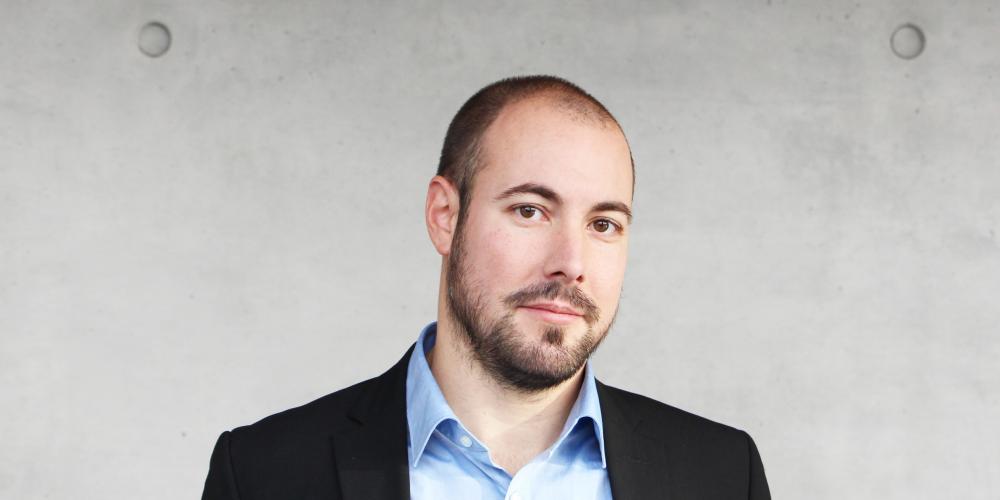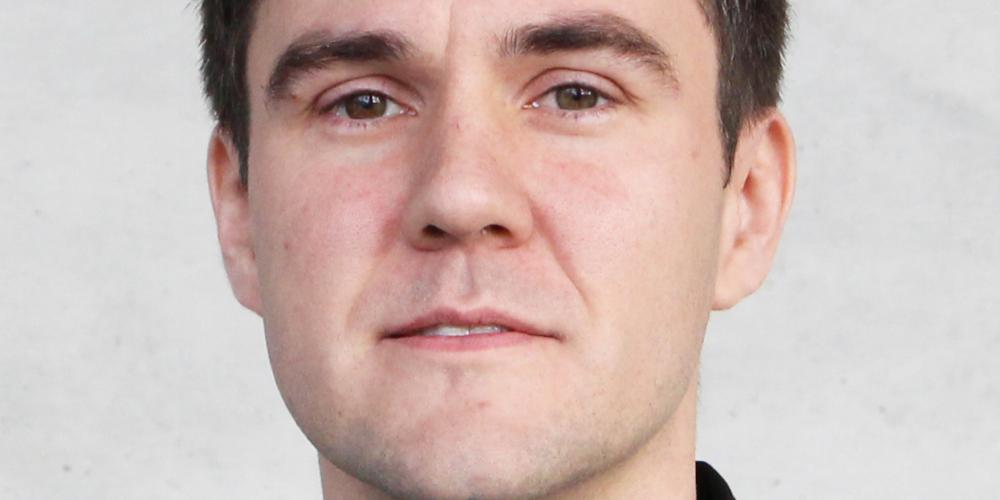Cloud Computing
Our daily life more and more depends on computational systems embedded in common appliances. Just think of advanced driver assistance systems in cars, medical devices, or indsutrial supervisory control and data acquisition systems. Since such systems also realise safety-critical tasks, it is all the more important to provide effective and efficient quality assurance for them. The specification, verification and testing theory group researches methods for model-based development and model checking, logical verification, and automated testing of safety-critical software. Prog. Schlingloff is chief scientist of the system quality center at Fraunhofer FOKUS, Berlin, and chairman of the boards of GFaI e.V. and ZeSys e.V.
- Major German company for communication and sensors: Student semester project for the design and implementation of a system for distributed control of indoor air quality.
IT system house
IT product manufacturer
international pharmaceutical company
medium-sized biotechnology company
The research of Prof. Leser and his group is focused on all aspects of management, integration and analysis of heterogeneous, large and distributed data sets including natural language texts (text-mining and information extraction). This encompasses subjects such as data warehouses and ETL, graph databases, deep web and semantic web, machine learning, similarity search, scientific workflows, statistical methods of data analysis as well as methods for assessing and securing data quality. The team of Professor Leser conducts research in a variety of interdisciplinary projects, especially with colleagues from the life sciences covering the range from basic molecular biology to Systems Medicine.
Very good IT-facilities:
- several state-of-the-art parallel computer cluster (20-80 CPUs, 1 TB main memory)
- cluster with 60+ cores
- 50TB+ storage
- For an IT service provider: Consultancy and prototype development in the field of master data standardisation and integration
- For an IT-manufacturer: Development and valuation of algorithms for analysing data quality
- For an international pharmaceutical company: Consultancy and development of text-mining-procedures in biomarker development
- For a medium-sized biotech company: Joint system development (partly funded by the German Federal Ministry for Economic Affairs and Energy) in the field of human genotype changes evaluation
Model-driven engineering raises the level of abstraction in software engineering by using models as primary development artifacts. In particular, domain-specific modelling languages can ease the transition between informally sketched requirements or designs and implementations by supporting high-level yet formal representations as a starting point for automation. Moreover, using a model-based development approach, critical system properties can be analyzed, validated and verified even before the system is actually built. Model-driven development thus leads to an increase in both productivity and quality. To some extent, model-driven engineering has made its way into industrial practice, most notably for the development of embedded systems in various domains. However, model-driven engineering does not suffice to successfully manage all challenges of modern software engineering, and actually creates new problems. Research conducted at the Chair of Model-driven Software Engineering is particularly driven by relevant challenges and problems arising from the adoption of the model-driven engineering paradigm in industrial practice.
- Experience in implementing model-based development engineering methods, techniques and processes
- Know-how regarding the set-up of model-based transformation chains (domain-specific modeling languages, model transformation and interpretation, code generation) and development environments (collaborative modeling, (co-)evolution of models, model repair and synchronization)
- Expertise in the field of version and variant management, especially customized configuration management and software product lines
- Collaboration with a Berlin-based software company on the development of innovative software architecture analysis techniques for the quality assurance of embedded systems
- Consulting for a major German automotive supplier with regard to fundamental questions of configuration management of models for the model-driven development of embedded systems
- Support of an international electrical engineering corporation with the model-based development of software components for a new generation of internet-based multimedia building communication systems
Prof. Weidlich chairs a research group on "Databases and Information Systems" at the Department of Computer Science. Earlier, he held positions at Imperial College London and the Technion - Isreal Institute of Technology. The group focuses on data-driven analysis of process-oriented systems (process mining), approaches for efficient processing of continuous data streams, as well as methods for the design of workflows for exploratory data analysis. The algorithms and systems developed by the group have been successfully applied in diverse domains, reaching from health care through logistics to e-commerce.
Consulting and knowledge transfer in
- Process Mining, data-driven analysis of processes
- Scalable infrastructures for data stream processing
- Design of data analysis workflows
- for a leading US cancer clinic: analysis and improvement of clinical processes based on the data of a real-time-locating-system
- for an international oil and gas group: development of techniques for detecting irregularities in streams of sensor data
- for a manufacturer of enterprise software: design of algorithms for efficient analysis of business process executions


